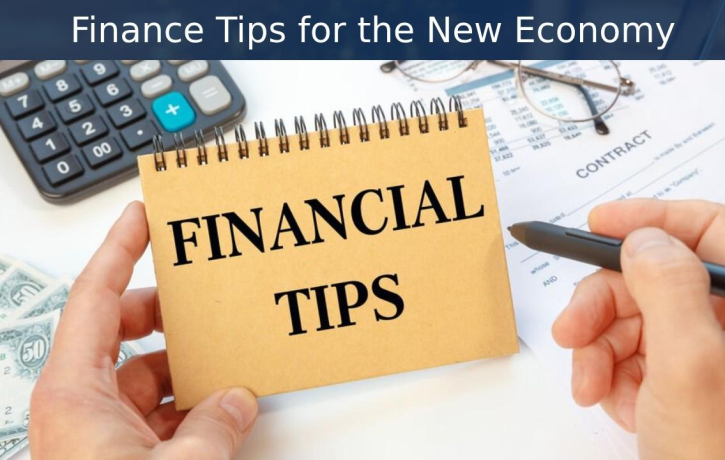Personal Finance Strategies for Building Wealth in the Current Climate
Finance Tips for the New Economy. Traditional money management strategies are no longer enough in today’s rapidly changing financial landscape. Economic shifts driven by inflation, technology, remote work, and global uncertainty have created a “new economy” that demands smarter, more adaptive approaches to building and managing wealth. Whether you’re just starting or looking to strengthen your financial foundation, here are practical tips for thriving financially in the current climate.
1. Reassess Your Budget Regularly
In a volatile economy, your expenses and priorities can shift quickly. Make it a habit to review and adjust your budget every few months. Focus on:
-
Cutting non-essential spending
-
Allocating more toward savings and investments
-
Preparing for unexpected expenses with an emergency fund
Use digital tools or apps like YNAB, Mint, or PocketGuard to stay on top of your finances.
2. Diversify Your Income
Relying on a single income stream can be risky in uncertain times. Explore side hustles, freelance opportunities, or passive income sources like:
-
Investing in dividend-paying stocks
-
Renting out property or a spare room
-
Selling digital products or offering services online
The gig economy and remote work have opened doors to flexible income options that can complement your primary job.
3. Build and Maintain an Emergency Fund
An emergency fund acts as a safety net during job loss, medical emergencies, or economic downturns. Aim to save at least 3–6 months’ worth of living expenses in a high-yield savings account. This helps you stay financially stable without relying on credit or loans in tough times.
4. Invest with a Long-Term Mindset
Market volatility may be intimidating, but long-term investing remains one of the most powerful ways to build wealth. Focus on:
-
Low-cost index funds and ETFs
-
Retirement accounts like IRAs or 401(k)s
-
Consistent contributions, even during downturns
Dollar-cost averaging — investing a fixed amount regularly — helps reduce the impact of market fluctuations.
5. Limit High-Interest Debt
High-interest debt (like credit card balances) can quickly erode your financial progress. Pay down debt aggressively using strategies such as:
-
The debt snowball method (smallest balance first)
-
The debt avalanche method (highest interest rate first)
Consider refinancing or consolidating loans to reduce interest and simplify payments.
6. Stay Financially Educated
In the new economy, financial literacy is more important than ever. Stay informed about:
-
Inflation and interest rate trends
-
Tax law changes
-
New investment tools (like cryptocurrency or fintech platforms)
Podcasts, online courses, and finance blogs can keep you up to date and empowered to make informed decisions.
7. Plan for Retirement Early
Finance Tips for the New Economy. Even if retirement feels far off, starting early is key. Compound interest can turn small investments into substantial savings over time. Maximize employer matches and contribute regularly to retirement accounts — even in small amounts.
Conclusion
Finance Tips for the New Economy. The new economy brings both challenges and opportunities. By staying proactive, informed, and flexible, you can not only protect your financial health but also position yourself for long-term success. Smart budgeting, diversified income, long-term investing, and continuous learning are the cornerstones of building wealth in today’s world.








